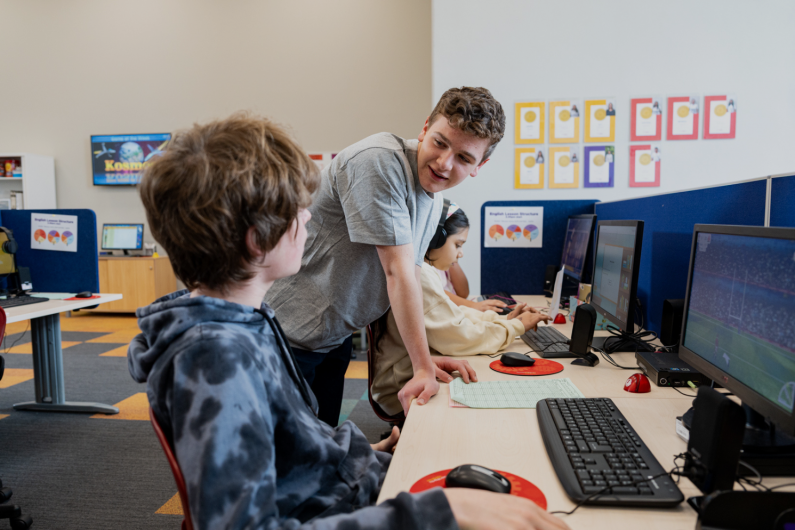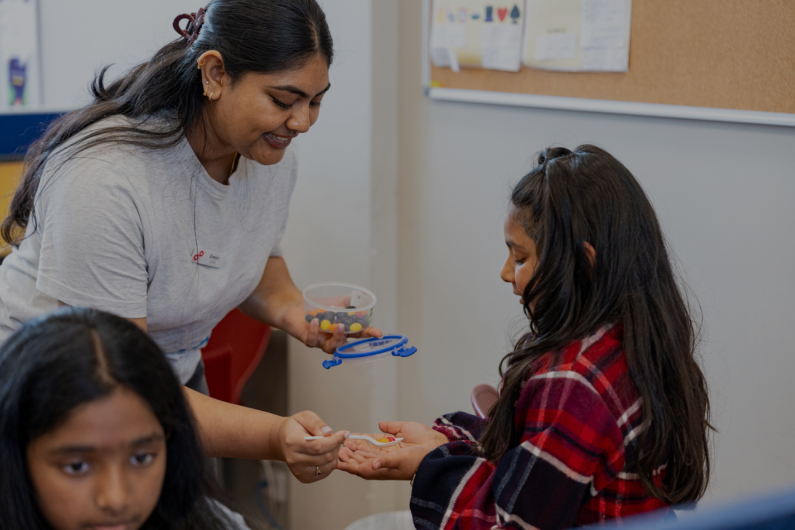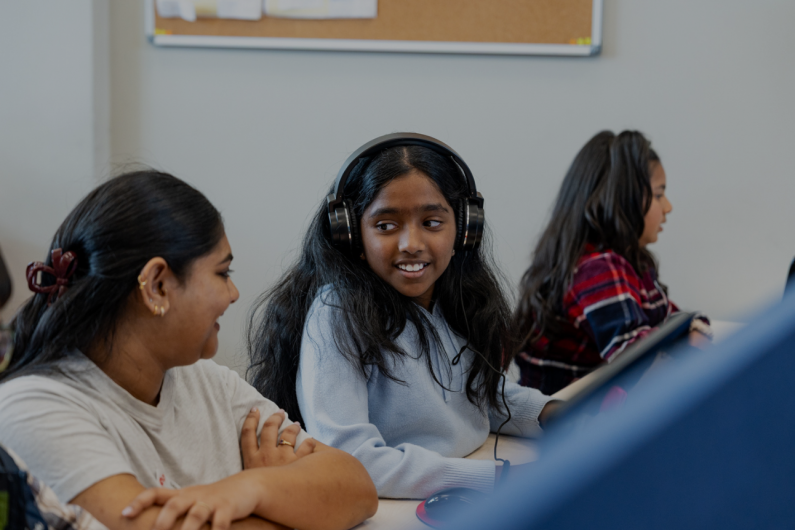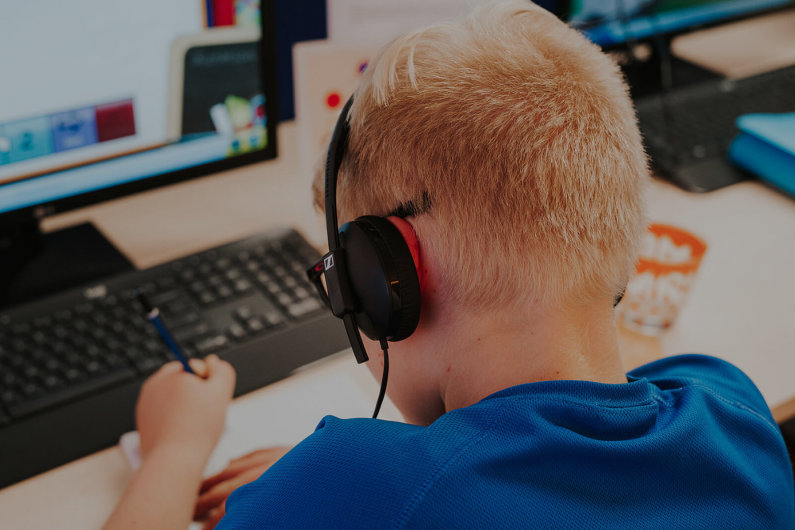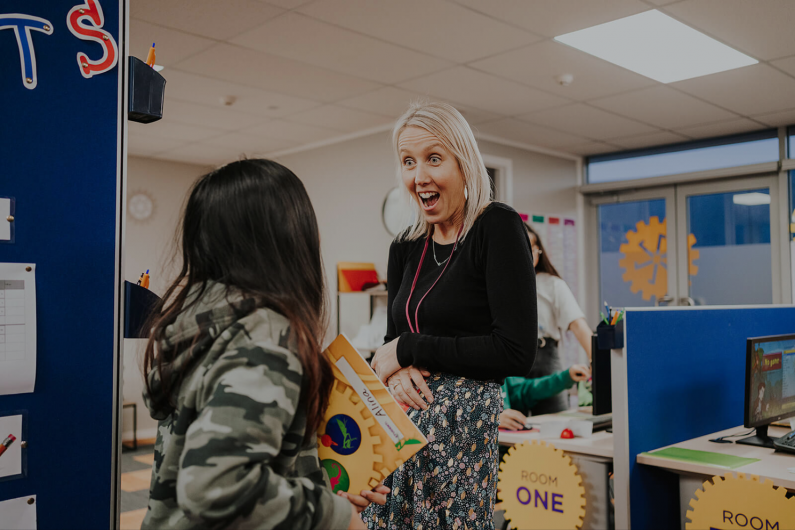How AI Is Changing the Way Your Child Learns and How to Keep Up
Discover how AI is reshaping education and why human connection still matters for meaningful learning. Explore the benefits and limits of AI, and how NumberWorks’nWords blends technology with personalised tutoring to build confidence and lasting skills.

